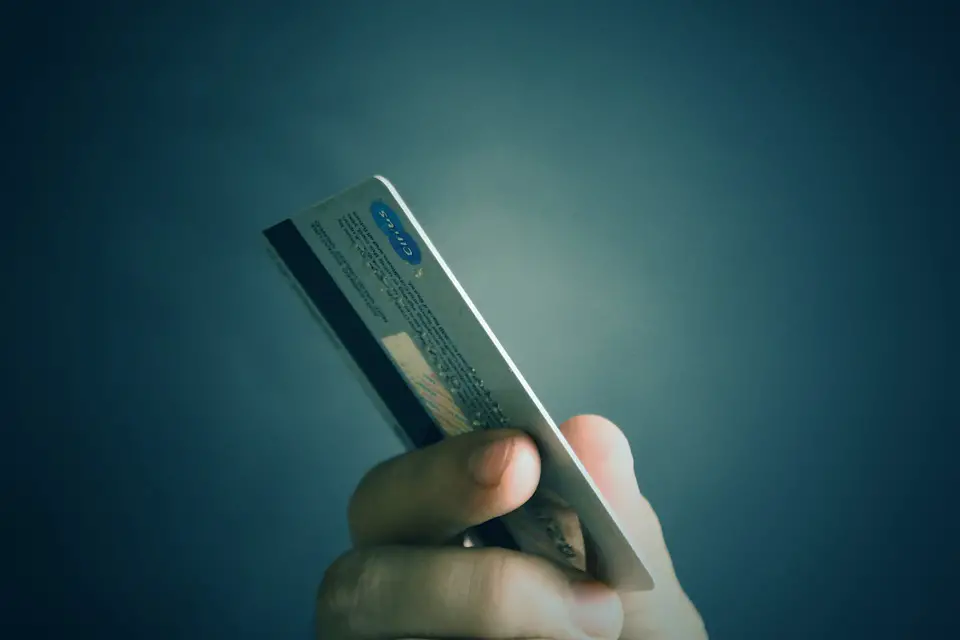Believe it or not, having a credit card is a huge responsibility, and that responsibility only gets greater not only the higher the credit line gets, but also the higher the balance. While there are plenty of pros to having a credit card such as financial protection from potential fraud, being able to secure a hotel room or rental car without worrying about a deposit hold being on your checking account with a debit card, and probably the most important, earning rewards for purchases, there can also be problems if you are irresponsible. By avoiding a few behaviors that you are currently doing, or may not even realize that you’re doing harm to yourself, you can continue to be successful having a credit card.
Only Making the Minimum Payments
When you receive your statement in the mail it will give you a minimum payment that is required in order to stay current. This will be a small amount compared to your balance, and if you only make this payment, you can count on continuing to have a credit card balance for the better part of the next couple decades. If you are carrying over a balance and paying interest, by only making the minimum payment you will be covering the interest, and probably very little principal balance. It goes without saying, at least it should, that you should strive to make the largest payments you can afford until the balance is gone.
Closing Out Zero Balance Accounts
Speaking of having zero balance, you probably have worked very hard to get your credit card balance to zero, something to be proud of for sure. Maybe it has been years that you have been in debt and learned your lesson, or you are new to that sinking feeling, you never want to go down that road again so you think that you are doing yourself right by closing out your account. This actually will do harm to your credit score as it removes all of that available credit, so the best thing to do would be to cut up the card so you don’t use it, but leave the account open.
Reviewing Credit Line & Interest Rate
No creditor in their right mind would offer you a lower interest rate on what you are currently paying off or charging on, after all, that is how they make their money, but they may raise your credit limit as your balance continues to rise so that you are able to keep charging. That is where your spending discipline comes in. With all of the credit card competition out there, should to try and negotiate your interest rate lower or you will take your business elsewhere.
Overspending to Collect Rewards
As I mentioned, one of the best perks to using a credit card, and honestly my favorite, are the credit card rewards. Depending on the card you have, they could be in the form of points that you can redeem for gift cards, or they could just be dollars that add up to a check that you will receive once a year. Either way, but making your normal purchases, you can accumulate free money. The key words though, is your normal purchases. If you continue to spend above that, yes you will continue to earn rewards, but you will not be able to pay off the balance and will be spending your rewards money on interest.
Not Looking at Credit Report
You never want to be filling out a loan application and get turned down, especially if you don’t know why they are turning you down. With the amount of fraud these days, it is a good idea to review your credit report at least once a year, just to ensure that everything is accurate. Each of the major credit bureaus can provide a copy a copy of your credit report, although the score will not be included for free, but can be obtained with an additional charge. If you look on your monthly credit card statements though, now pretty much all are providing a copy of your credit score with the statement, so you can see where you’re at. With regards to reviewing your report or wondering why your score has not gotten better, keep in mind that they are a month or two behind, so if you just improved your situation, it may take a while to catch up. Reviewing your report is important to make sure all of your information is accurate, up to date, without any potential fraudulent activity.

